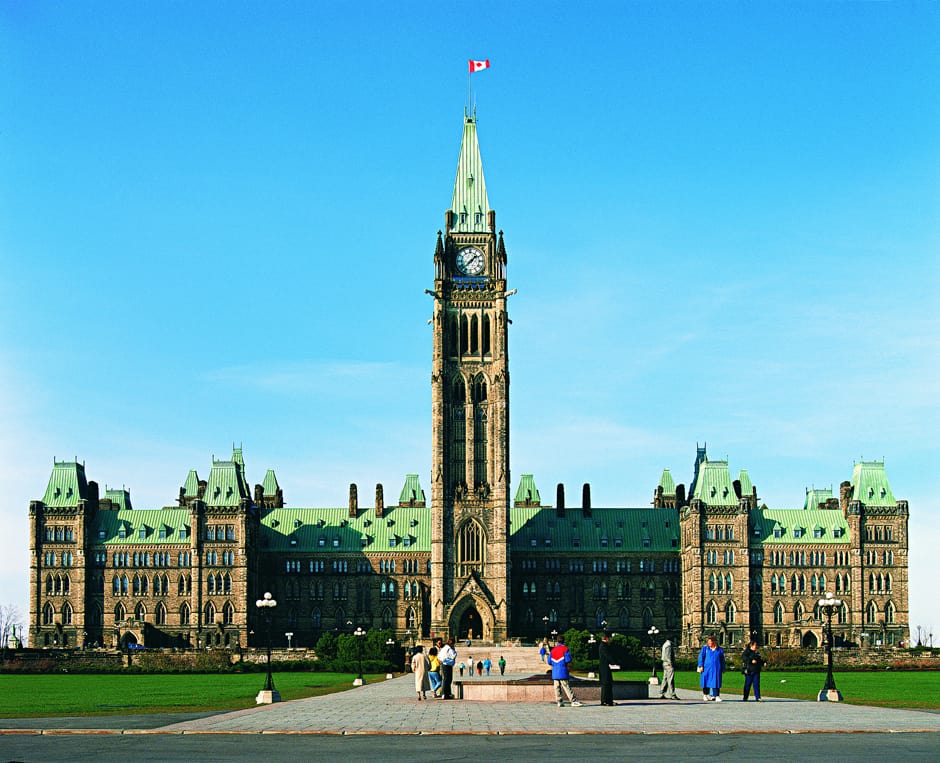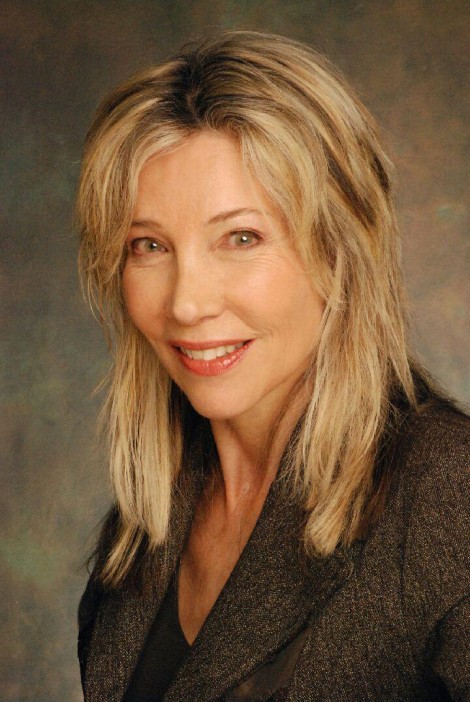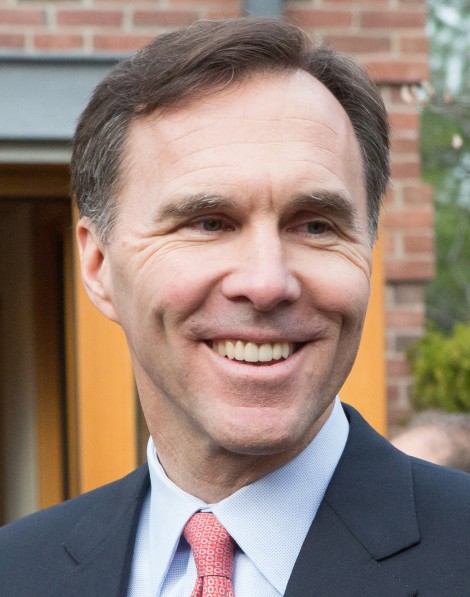As the federal election date draws ever-nearer, Linda McQuaig (NDP), Bill Morneau (Liberal), Colin Biggin (Green), and Julian Di Battista (Conservative) are vying for the Toronto-Centre vote. The Varsity questioned the four candidates about their stance on key policies that may affect students.
MCQUAIG
On student finance: would add $250 million in federal student grants and gradually phase out interest payments on student loans.
On unpaid internships: would “put an end to unpaid internships within federal jurisdiction,” and bring interns under the same workplace regulations as everyone else.
On student employment: to create jobs, she would increase investments, especially in affordable housing, transit, and a national child-care program, and set aside funding to create 40,000 youth jobs. These investments would be paid for by raising corporate taxes.
On the refugee crisis: would take in 10,000 Syrian refugees in 2015 and another 46,000 over the next four years. Also believes we need to improve the application process and offer more support for refugees to integrate into Canadian society.
On social justice: would pass the “Trans Bill,” (Bill C-279) intended to “get rights for transgender persons protected under the human rights code.”
On the environment: would pass the Climate Change Accountability Act, which forces Canada to meet international emissions standards. Thinks we can meet these standards by ending fossil fuel subsidies and investing in green technology.
On Bill C-24: would repeal the bill. Thinks it creates “a two-tiered system of citizenship.”
On Bill C-51: would repeal the bill. Thinks “we already have ample tools to fight terrorism,” and the bill gives the government the capacity to prosecute not only terrorists, but protestors and activists as well.
On the “Fair Elections Act”: would repeal the act. Think it makes it too hard for many people to vote.
On the per-vote subsidy: would bring the subsidy back. Thinks it was “the most democratic part of our electoral system,” and that without it, the “well-to-do” have disproportionate control over election financing.
On why students should vote: to those non-voters who are frustrated with our political system, McQuaig says the power to change it is in your hands. If we all get out to vote, we will probably elect a government we don’t have to be frustrated with.
MORNEAU
On student finance: would ease the financial burden for families to help them provide for their children’s education — this means policies like lowering tax for the middle class and providing for child-care for lower, and middle income brackets.
On unpaid internships: wouldn’t commit to legislate against them or not, since he’s not sure what the ramifications would be on the economy.
On student employment: is committed to a deficit to fund investments in infrastructure, especially transit, housing, and green infrastructure, which he believes will grow the economy. The Liberals also would invest $1.3 billion in creating youth jobs.
On the refugee crisis: would take in 25,000 refugees with no specific timeline, commit $100 million to improve refugee processing, and send another $100 million to the UN High Commission for Refugees.
On social justice: the Liberal platform promises investment in social infrastructure, including affordable housing, senior’s facilities, and infrastructure and education in First Nations communities.
On the environment: wants to help provinces develop their own approaches, like the carbon tax in British Columbia and the cap and trade system in Ontario and Quebec. Believes some oil projects and pipelines are necessary for Canadians and the Canadian economy.
On Bill C-24: would repeal the bill, claiming it creates two classes of citizenship.
On Bill C-51: thinks parts of the bill are necessary, but would add “significant oversight” and a “sunset clause” — a specific date when the government would have to readdress the bill and decide whether it was still necessary.
On the “Fair Elections Act”: thinks the act makes it too difficult for people to vote. Justin Trudeau has promised to repeal the act.
[Due to time constraints, Morneau wasn’t able to address the per-vote subsidy.]
On why students should vote: says if youth aren’t voting, they don’t have a government that represents them and their voice. “And we lose the voice of the youth at our peril, because it’s all of a sudden losing the voice for the future.”
BIGGIN
On student finance: would get rid of tuition altogether, making post-secondary education free, and forgiving student loan debt over $10,000.
On unpaid internships: thinks they shouldn’t be allowed. Regarding the government’s role, since some legislation is provincial, the federal government should, to start, contribute some funds to make sure no one is working unpaid.
On student employment: believes we should be preparing more people for jobs in technology, since fields such as computer programming, have plenty of jobs available.
On the refugee crisis: the Green Party would take in 25,000 refugees, but Biggin thinks we should be following Germany’s example (they’ve promised to take 800 thousand) and take at least 100 thousand. Biggin is critical of our screening process and doesn’t think it needs to be nearly as thorough as it is.
On social justice: says “the government seems to be stuck in 1950s attitudes,” especially regarding their drug and prison policies, and would promote rehabilitation programs for prisoners.
On the environment. The Green Party has a host of climate policies, including fees on fossil-fuel producers, emissions reductions, and investment in renewable energy.
On Bill C-24: is opposed to the bill, and calls it a “solution looking for a problem.”
On Bill C-51: thinks the bill is “another pile of crap that wasn’t really necessary.” Says: “I’d repeal the whole damn thing.”
On the “Fair Elections Act”: thinks this is “another solution looking for a problem.” “The problem we have,” he says, “is getting people to vote, not people voting multiple times, or voting illegally.”
On the per-vote subsidy: would bring the subsidy back, since it helps smaller and diverse parties thrive.
On why students should vote: says if you don’t vote, you can’t expect anything to change.
DI BATTISTA
On student finance: would double the government’s Registered Education Savings Plan (RESP)-matching grant. For every dollar low-income families put into an RESP (up to $500), the government would contribute 20 cents more than they currently do, and for every dollar middle-income families put in, the government would add 10 cents more than they currently do.
On unpaid internships: would allow them to continue. He thinks they offer valuable experience that people couldn’t get elsewhere.
On student employment: believes the government should stimulate the economy by reducing taxes, and that this will bring in businesses, corporations, and jobs.
On the refugee crisis: would bring in 23,000 Iraqi and 11,000 Syrian refugees, though he doesn’t specify a timeline. Would also commit $100 million to match private contributions to humanitarian aid and would pursue the Islamic State of Iraq and Syria (ISIS) militarily.
On social justice: thinks our current policies are fine and stresses that, as a gay man, he is impressed with the Conservative government’s record on LGBT rights.
On the environment: believes our current policies are fine, and claims we’ve reduced greenhouse gas emissions since 2013 without hurting the economy.
On Bill C-24: believes Bill C-24 is a “valuable piece of legislation,” citing the recent stripping of citizenship from Zakaria Amara, one of the “Toronto 18” who planned to bomb downtown Toronto, as an example of the bill’s necessity.
On Bill C-51: thinks the bill is necessary to protect Canadians, and doesn’t believe it infringes on civil liberties.
On the “Fair Elections Act”: is “100 per cent in favour” of the act, and believes that under the new regulations, “there are very few, if any circumstances where somebody cannot find the required documentation to vote.”
On the per-vote subsidy: is against the per-vote subsidy, since it supports fringe parties like the Bloq Quebecois. Says he is against taxpayer funding of elections, but supports the taxpayer-funded subsidy on private contributions.
On why students should vote: believes “the issue in this election is jobs,” and students should vote carefully for the party that will be able to ensure they graduate into a strong economy.






